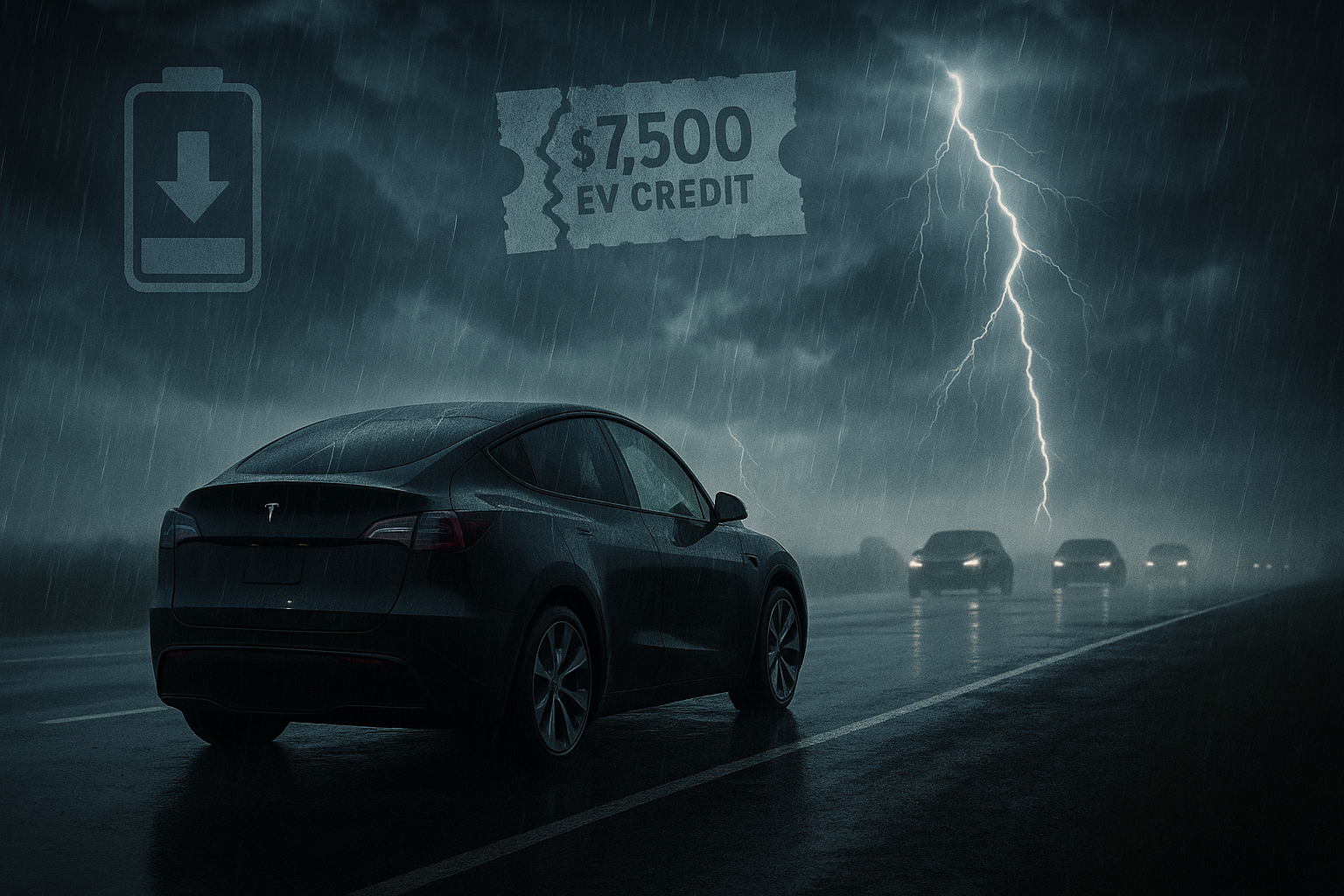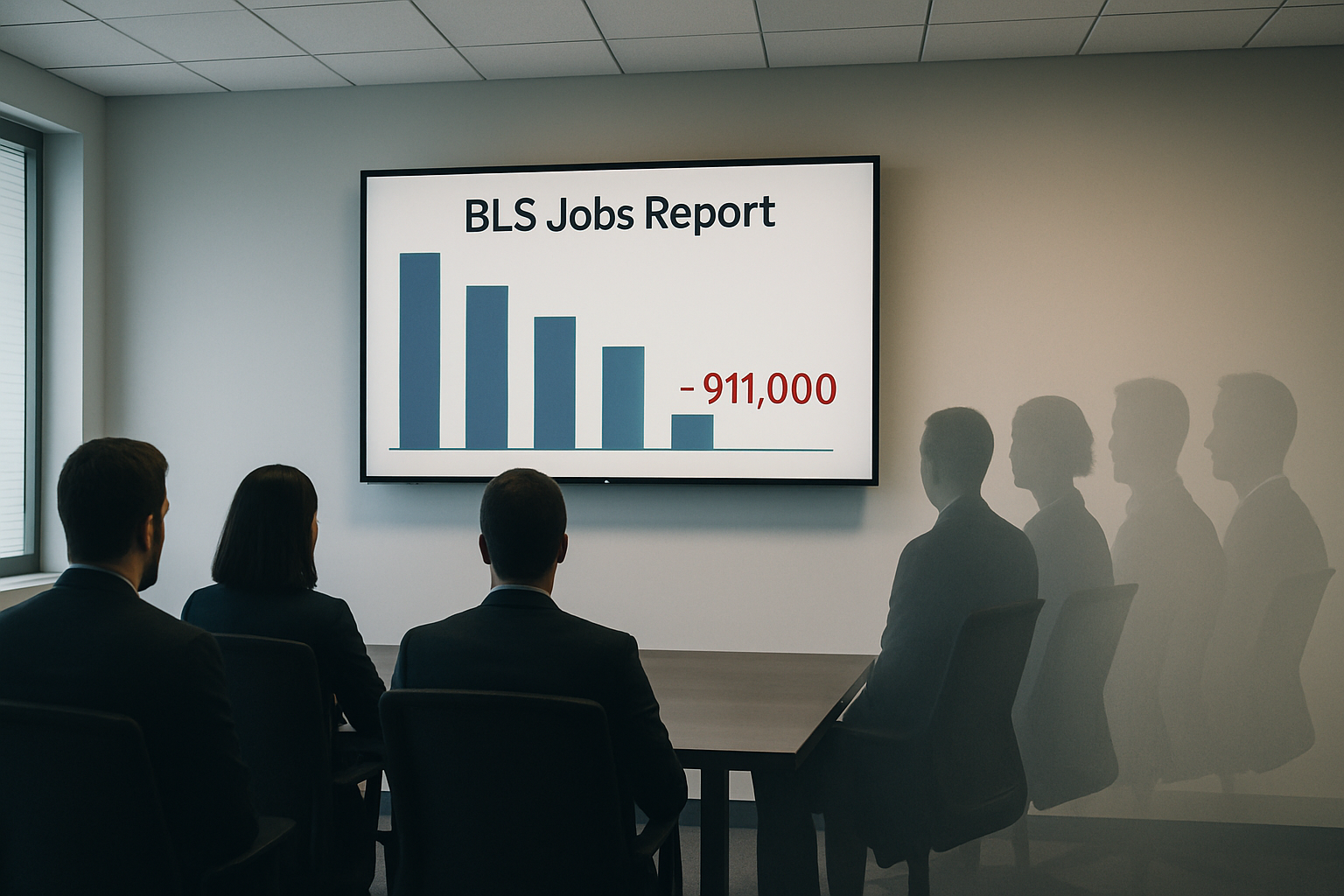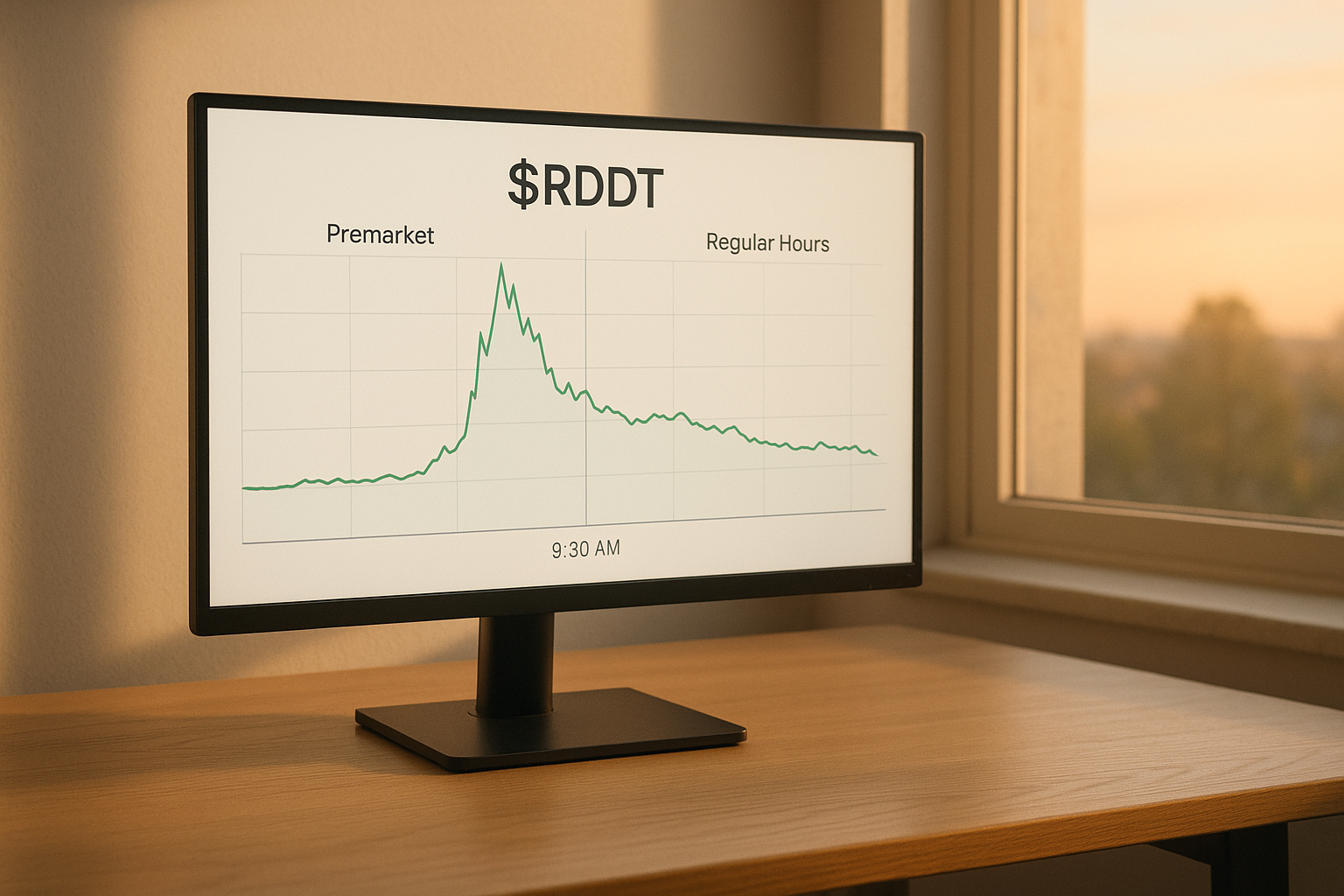Tesla's always been more of a Rorschach test than a car company. Some investors see the next Apple—a revolutionary tech firm that happens to make vehicles. Others? They see an overvalued car manufacturer with a CEO who can't stay off Twitter. But the economic weather around Tesla has turned nasty lately, and even the Tesla faithful might need to grab an umbrella.
I've been tracking Tesla's market position since 2019, and I've never seen this particular combination of challenges hitting simultaneously. It's... concerning.
Regular Folks Just Aren't Buying Cars Like They Used To
The numbers don't lie, folks. Auto loan volumes have dropped a stomach-churning 13% since 2021. Consumer confidence? Down by a quarter in the same timeframe. And last month's consumer spending actually contracted by 0.1%.
Look, you don't need fancy economic credentials to connect these dots. When people have less confidence and less access to financing, they buy fewer big-ticket items. Especially the kind that require both a financial leap and a technological one.
The people who typically buy Teslas—that six-figure income crowd—are particularly jumpy about their investment portfolios and interest rates (which, let's be honest, aren't exactly bargain-basement these days). When your 401k statements make you wince and your mortgage refinance quote looks like highway robbery, that Model Y might suddenly seem like something that can wait.
Battery Materials Are Getting Cheaper (and That's Not Actually Good News)
Here's where things get weird. Lithium, nickel, cobalt—the holy trinity of EV battery materials—have been getting cheaper. Sounds great, right? Lower costs should mean fatter margins for Tesla!
Except... that's not how commodity markets work in the real world.
Falling prices for these materials tell us something critical: demand isn't keeping up with supply. The market is essentially sending us a telegram that says "EV SLOWDOWN STOP ADJUST EXPECTATIONS STOP."
(Having covered commodity markets during the last three boom-bust cycles, I can tell you this pattern is as predictable as politicians making promises they can't keep.)
If electric vehicles were flying off lots as predicted just two years ago, we'd see manufacturers engaged in a desperate scramble for these materials, driving prices UP, not down. Instead, we're watching the classic commodity correction that happens when demand forecasts prove too rosy.
The Government Isn't Coming to Save the Day
As if consumers tightening their belts weren't enough, the policy landscape is shifting under Tesla's feet like a California fault line. The pending removal of those juicy EV tax credits is about to make Tesla's value proposition significantly less compelling—at precisely the wrong moment.
That $7,500 credit? It matters. A lot. Especially for the on-the-fence buyer who's doing the math on whether an EV makes financial sense.
Meanwhile, oil prices continue their leisurely stroll downward, with OPEC+ turning on the taps. Cheaper gas means the "I'll save money in the long run" argument for EVs becomes a much longer run. When gas costs less, the payback period for that more expensive electric vehicle stretches out like taffy in the sun.
The timing couldn't be worse for Tesla. Just as wallets are snapping shut and government incentives are disappearing, the primary economic motivation—fuel savings—is losing its punch too.
It's not a perfect storm; it's a perfecter storm.
Everyone and Their Brother Makes an EV Now
Remember when Tesla had the premium EV space basically to itself? When owning a Tesla was like belonging to an exclusive club?
Yeah, those days are dead and buried.
BYD's explosive growth isn't just about one competitor—it's a warning shot across Tesla's bow. The competitive landscape has transformed completely, and Tesla's declining sales across its three largest markets tell the story better than I could.
What's particularly troubling is that these sales declines are happening despite Tesla slashing prices like a Black Friday sale. This suggests the problem isn't primarily about price tags but about market saturation and too many alternatives.
There's something I've observed covering technology adoption for years: the gap between early adopters and mainstream consumers isn't just width—it's depth. The customers Tesla has already won over were the easy ones—tech enthusiasts and environmental pioneers willing to pay more and put up with certain quirks. The mass market? That's a whole different animal: more price-sensitive, less forgiving, and expecting everything to just work, perfectly, every time.
So... Is Tesla Doomed?
Not necessarily. The company's sitting on a mountain of cash, has some genuine technological advantages, and is led by a guy who's made a career out of proving skeptics wrong (I should know—I've been one of them, occasionally).
And let's not forget the robotaxi wildcard. If—big if—Musk can actually deliver on that promise, we might be having a completely different conversation this time next year.
But economic realities are stubborn things. Consumer spending is contracting. EV incentives are vanishing. Competition is fiercer by the day. Even commodity markets are flashing warning signals. For a company whose stock price depends on extraordinary growth, these are formidable obstacles.
I've always found Tesla fascinating precisely because it sits at this crazy intersection of technology, environmental policy, consumer psychology, and financial speculation. Right now, those forces seem to be aligning in a way that should make even the most die-hard Tesla bull a little nervous.
Then again, betting against Elon Musk has been financial suicide for over a decade. The real question isn't whether Tesla will survive—of course it will—but whether it can maintain the growth narrative that its stratospheric valuation demands.
From where I'm sitting, that hill just got a whole lot steeper.
But hey, that's Tesla for you—never boring, always controversial, and guaranteed to make financial pundits look foolish one way or another. Just don't say nobody warned you about the gathering storm clouds.




